Results
-
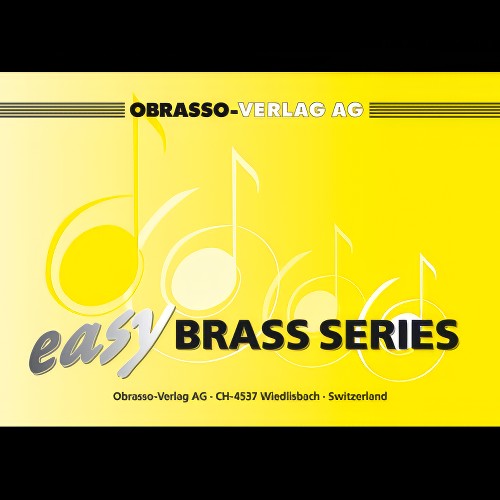 £59.70
£59.70Two Cartoon Themes (Brass Band - Score and Parts) - Mabon, Cameron
Slightly reduced Brass Band instrumentation (no rep cornet, no 2nd horn, no 2nd trombone part)Includes:The Muppet ShowScooby Doo, Where Are You?
Estimated dispatch 7-14 working days
-
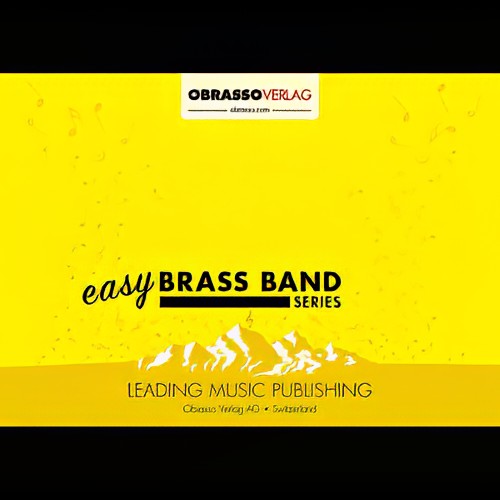 £59.70
£59.70Two Movie Blockbusters (Brass Band - Score and Parts) - Mabon, Cameron
Slightly reduced Brass Band instrumentation (no rep cornet, no 2nd horn, no 2nd trombone part)Includes:Raider's MarchPirates of the Caribbean
Estimated dispatch 7-14 working days
-
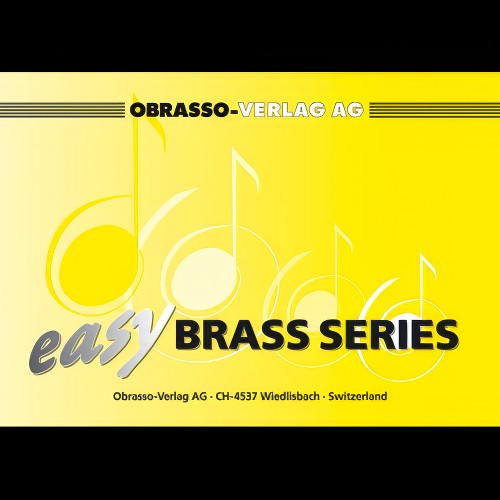 £59.70
£59.70Two Movie Themes (Brass Band - Score and Parts) - Mabon, Cameron
Slightly reduced Brass Band instrumentation (no rep cornet, no 2nd horn, no 2nd trombone part)Includes:Eye of the TigerJurassic Park
Estimated dispatch 7-14 working days
-
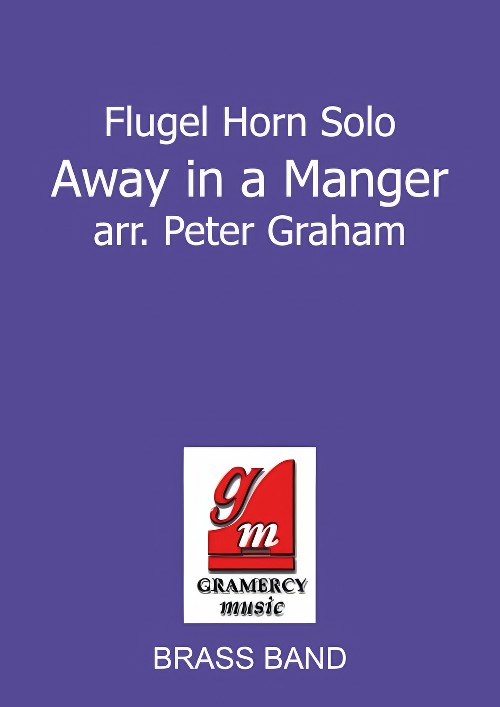 £34.95
£34.95Away in a Manger (Flugel Horn Solo with Brass Band - Score and Parts) - Graham, Peter
The traditional carol in a beautiful yet simple setting for flugel horn (or Bb cornet) and band. (Also available with piano accompaniment).
Estimated dispatch 7-14 working days
-
 £37.95
£37.95LOVE ON THE ROCKS / AMERICA (Cornet/Brass Band) - Diamond, Neil - Sparke, Philip
Double number. Recorded on Polyphonic QPRL042D A Touch More Spice
Estimated dispatch 7-14 working days
-
 £37.95
£37.95ON THE WAY HOME (Cornet/Brass Band) - Grieg, Edvard - Langley, James
Recorded on Polyphonic QPRL040D Pageantry
Estimated dispatch 7-14 working days
-
 £37.95
£37.95SEND IN THE CLOWNS (Soprano Cornet/Brass Band) - Sondheim, Stephen - Bryce, Frank
Estimated dispatch 7-14 working days
-
 £37.95
£37.95SILVER THREADS AMONG THE GOLD (Cornet/Brass Band) - Boddington, Stanley
Estimated dispatch 7-14 working days
-
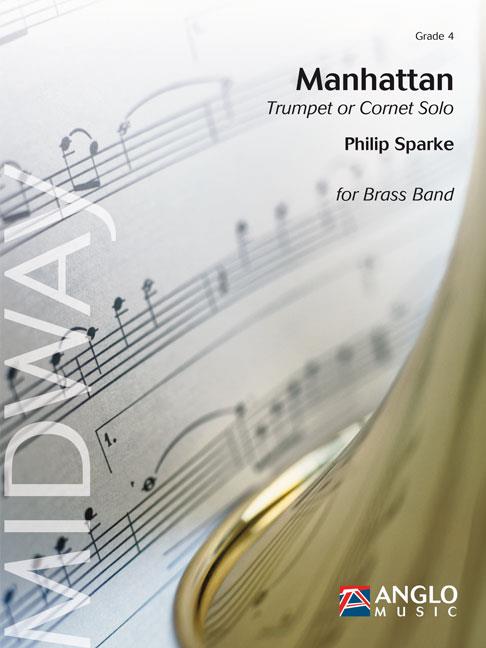 £104.99
£104.99Manhattan (Cornet Solo with Brass Band - Score and Parts)
Cornet or Trumpet Solo with Brass BandManhattan was commissioned by the United States Army Band for their solo cornet player Woodrow English and first performed by them in Carnegie Hall, New York, in November 2003. The two-movement work demonstrates both the lyrical and technical abilities of this outstanding player. The 'theme' is a weekend in New York and the opening bluesy movement, Saturday Serenade, describes the city on a Saturday night. While writing Sunday Scherzo, the composer pictured an early morning jog in Central Park. This vivaciously rhythmic second movement ends with an even quicker coda bringing the work to a brilliant close. Each movement can also be played individually when a shorter solo is required.Duration: 9:30
Estimated dispatch 7-14 working days
-
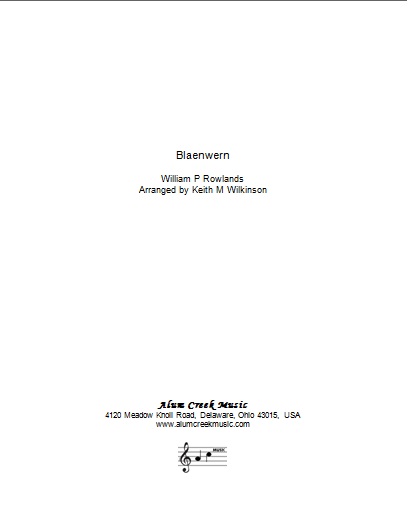 £32.00
£32.00Blaenwern (Brass Band - Score and Parts)
This arrangement is dedicated to the memory of a much-loved friend and wonderful cornet player, Stephen Howard. Stephen played with the Clacton-on-Sea Band, conducted by his father Robert, and was a frequent guest with the G.U.S. Band directed by Dr. Keith M Wilkinson. Indeed, only a few weeks before his untimely death in 1984, Stephen had played principal cornet with the G.U.S. Band on a tour of Switzerland, performing outstandingly at each concert.The arrangement was first performed at Stephen's Memorial Service in October, 1984."Changed from glory into glory,Till in Heaven we take our place,Till we cast our crowns before Thee,Lost in wonder, love and praise." Charles Wesley
Estimated dispatch 7-14 working days
